962-7983-18423+
24/7 دعم
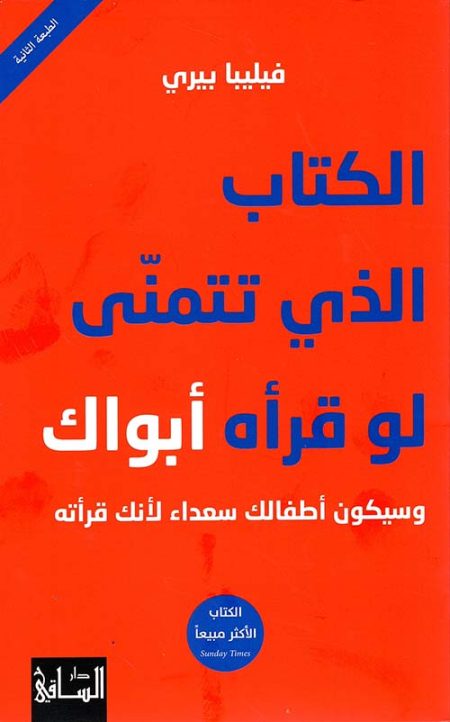
A psychological parenting guide to help build healthy and balanced relationships between parents and children.
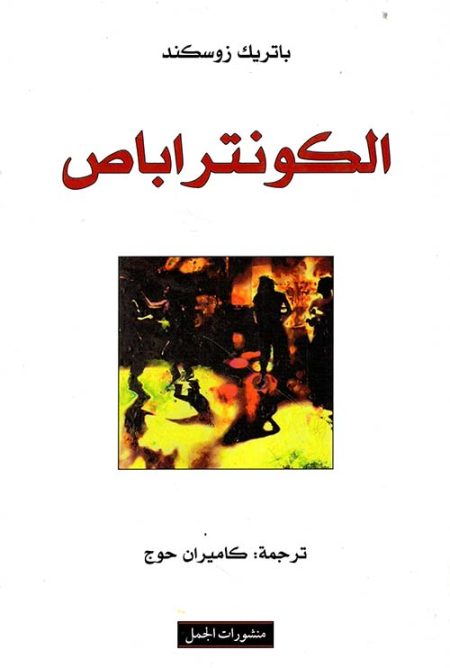
It is an internal monologue that reflects the struggle of isolation and alienation through a musician who suffers from the monotony of his life and his mysterious relationship with his musical instrument.
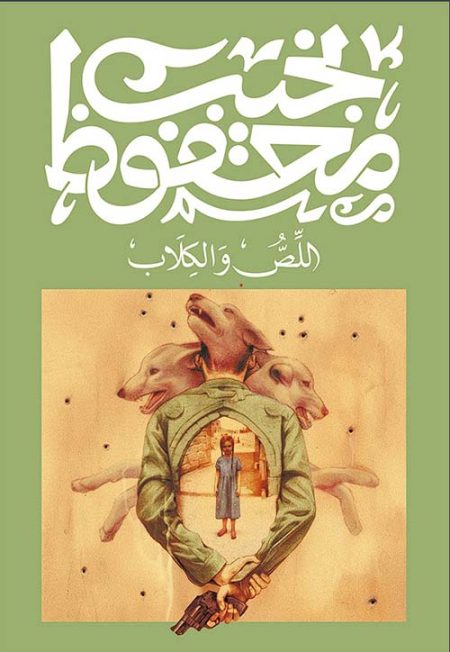
The novel narrates the struggle of its hero, Saeed Mahran, with betrayal and society after his release from prison, in an atmosphere that blends realism with a psychological dimension.
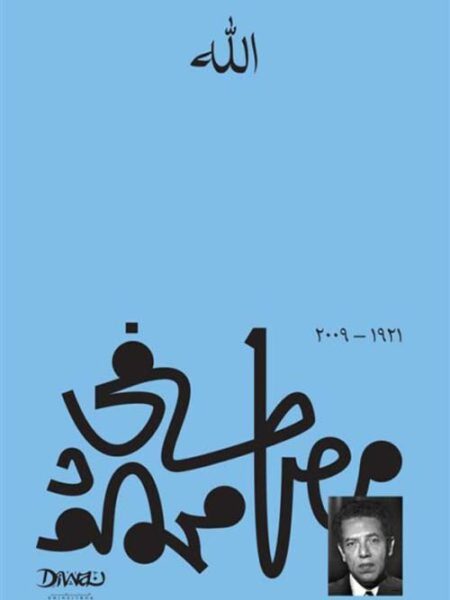
In the course of an intellectual journey, Mustafa Mahmoud takes us to man’s perception of God’s self and how it was: in Islam, in worship since the dawn of history, among scholars and intellectuals, and among those who denied it. A journey of reflection for those who have realized that self with their souls to strengthen it with their mind and mind. It’s a journey of reflection and reflection that is worth going.
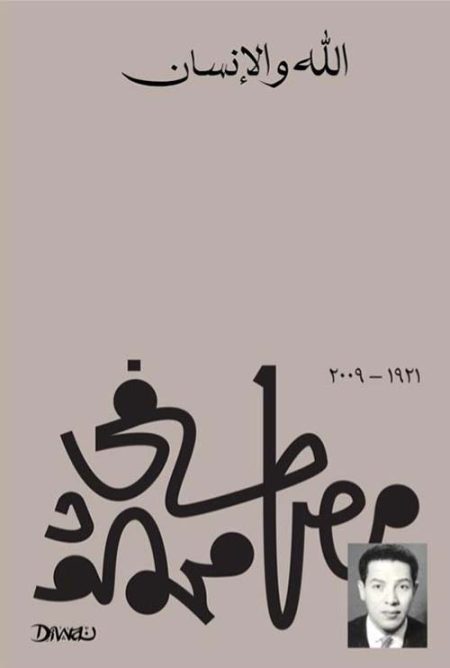
God and Man is a book featuring a collection of essays by the Egyptian writer Mustafa Mahmoud published by Dar Al-Maaref in 1955. The book of God and Man is a great controversy and has been banned from circulation in Egyptian libraries and still does. Mustafa Mahmoud was accused of atheism because of him, which the writer later denied, while admitting that he could not realize the truth of faith before, as he was on a journey in search of God, which he began by studying the different religions through the three monotheistic religions, and Islam was the last of them. The writer expressed this truth in his book «My Journey from Doubt to Faith» and said that he never denied the existence of the divine self, but he could not imagine its truth until after a strenuous journey of research that took thirty years of the realization of thought, reconsideration, and then reconsider the reconsideration, and said critically to himself, that if he heard the voice of instinct Joan, but perhaps he rea
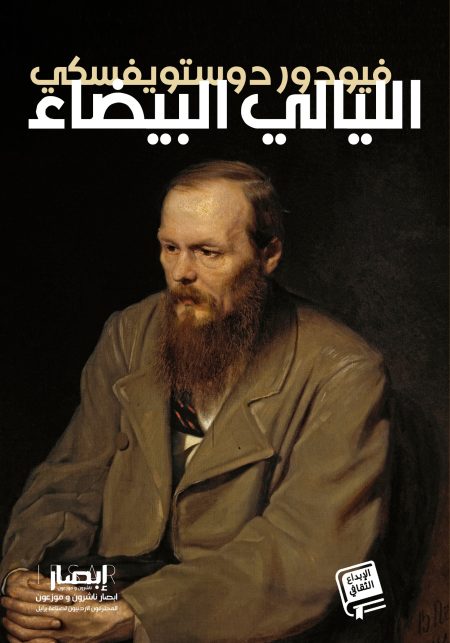
It is the story of a lonely man in St. Petersburg who falls in love with a mysterious woman, torn between hope and despair in a world full of loneliness and conflicting emotions.
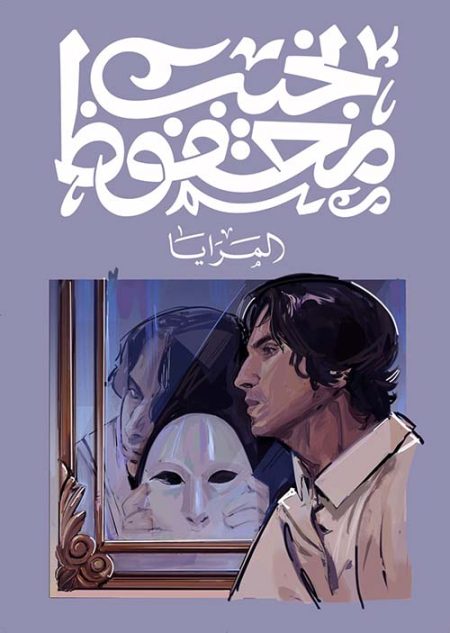
A novel that tells the story of a man through scattered images of people in his life, reflecting the transformations of Egyptian society and its values.
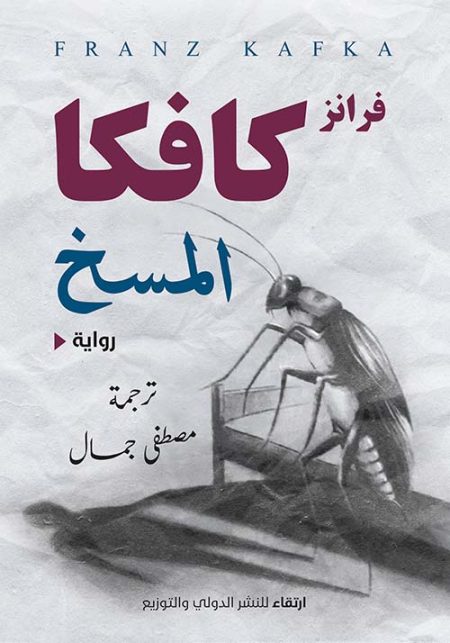
The novel depicts the bizarre transformation of a man into a giant insect, highlighting the isolation and suffering of humanity.

It is a book that provides practical and motivational strategies for achieving success in various aspects of personal and professional life.
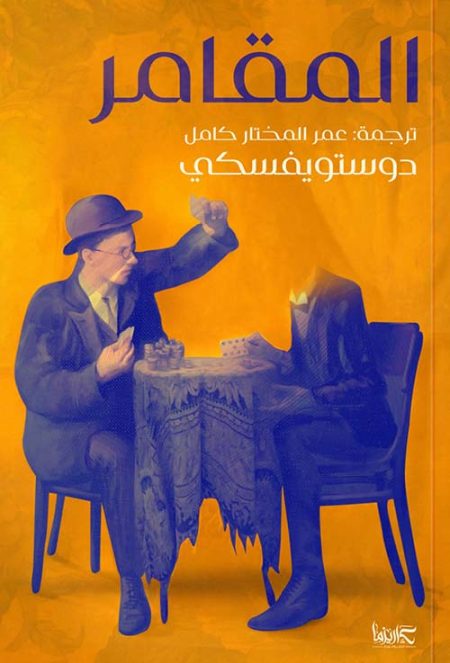
The novel reviews the story of a man immersed in gambling, and his suffering in an attempt to search for his identity in a world of temptations and dangers.
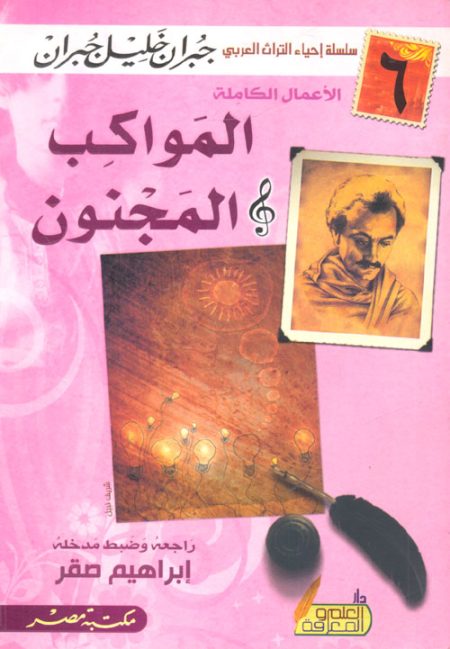
Gibran’s literary style was characterized by smooth words, simplicity of expression, the use of all linguistic formulas and styles, and the frequent use of metaphors and figures of speech. Perhaps the most important feature of Gibran’s literary works is creativity in the art of photography. We find many beautiful, imaginative artistic images full of deep meanings and expressions covering his literary works; because he was an artist and painter who initially depicted the idea and then created it. Gibran relied on two styles in his literary works: the first is characterized by strength and revolution against beliefs and customs and the call for freedom, and the second is characterized by the love of enjoying life and the call to follow inclinations

Gibran’s literary style was characterized by smooth words, simplicity of expression, the use of all linguistic formulas and styles, and the frequent use of metaphors and figures of speech. Perhaps the most important feature of Gibran’s literary works is creativity in the art of photography. We find many beautiful, imaginative artistic images full of deep meanings and expressions covering his literary works; because he was an artist and painter who initially depicted the idea and then created it. Gibran relied on two styles in his literary works: the first is characterized by strength and revolution against beliefs and customs and the call for freedom, and the second is characterized by the love of enjoying life and the call to follow inclinations
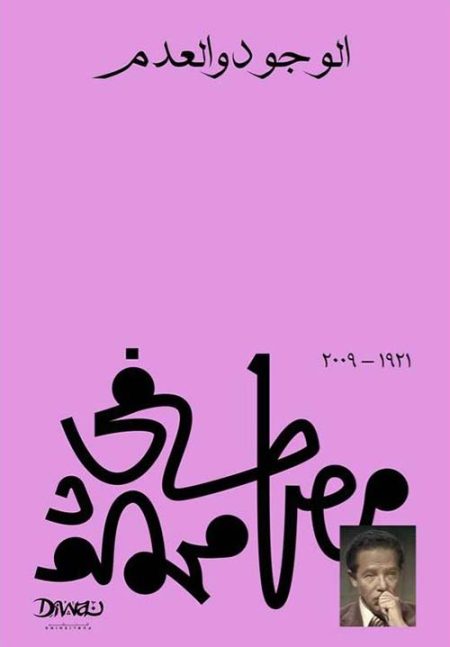
The Book of Being and Nothingness is a book written by Dr. Mustafa Mahmoud in which he talks about that all causes belong to God. He owns it. He is the one who brings it, he is the one who drives it, and he is the one who harnesses it. He is the one who established the law of causation
Reasons do not harm themselves and do not benefit themselves. But it is in all cases a manifestation of His will that harms His ear and benefits His permission. And if he wishes, he will cause damage to it or without it. And if he wishes, he will stop it from doing as he stopped the fire from burning Abraham – peace be upon him
There is always wisdom behind prevention, giving, guidance, and delusion. God’s will and guidance are always based on decency and readiness in the servant. The slave has the initiatives, the clearance of intention and the orientation that nominates him for giving or deprivation. God’s giving is conditional. Also, deprivation is reasoned and not coercive, coercive and arbitrary.
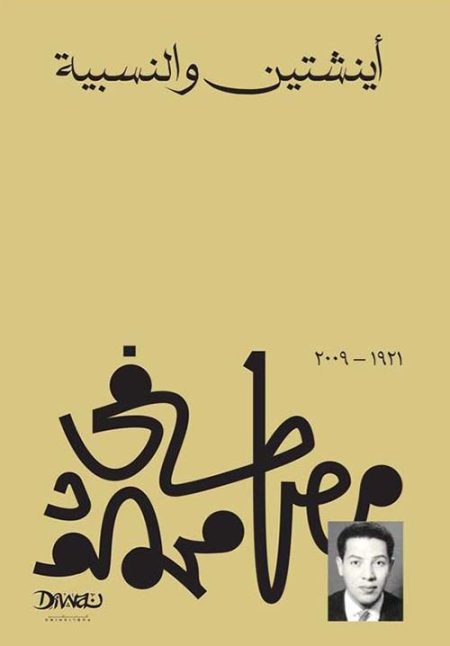
In this book, its author, Dr. Mustafa Mahmoud, tries in his style known as ease and extreme logic in understanding the theory of relativity of the physicist Albert Einstein so that it suits the understanding and perception of the general public, and in a strong objection to limiting information to a few scientists under the pretext of depth and specialization, which may lead to the isolation of science, supporting in his book what Einstein himself called for to spread science among people, Einstein hated scientific fortune-telling and fabrication of mystery, claim, and magnification, and he used to say that the truth Never mind.
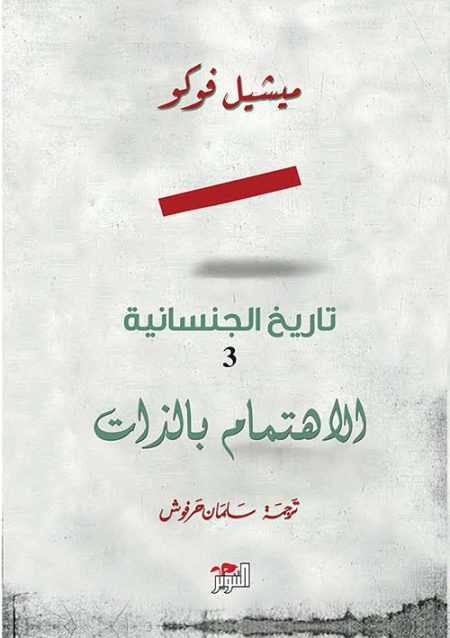
The third part of the book examines how the concepts of self-care and self-care have evolved in cultural and social contexts throughout the ages.
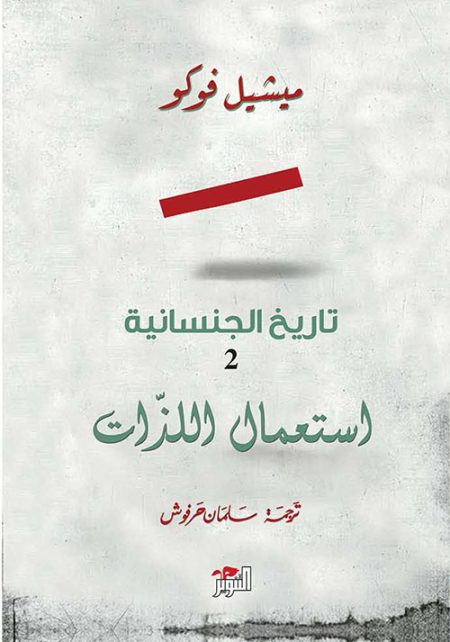
The book examines the evolution of the concept of sexuality through its relationship to power, knowledge, and the individual’s use of self.